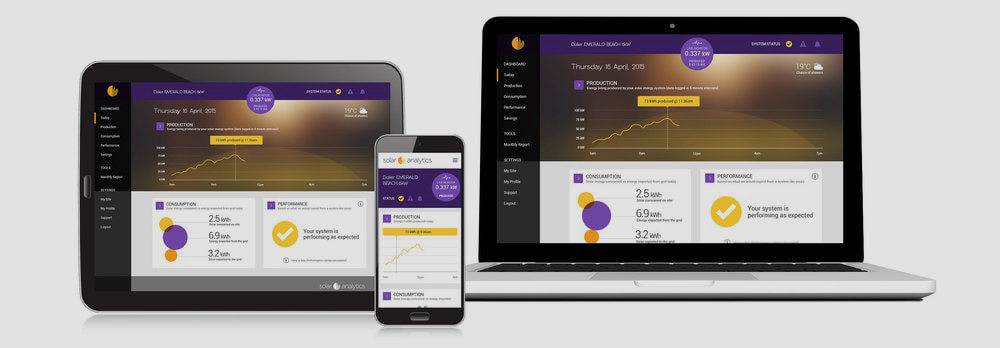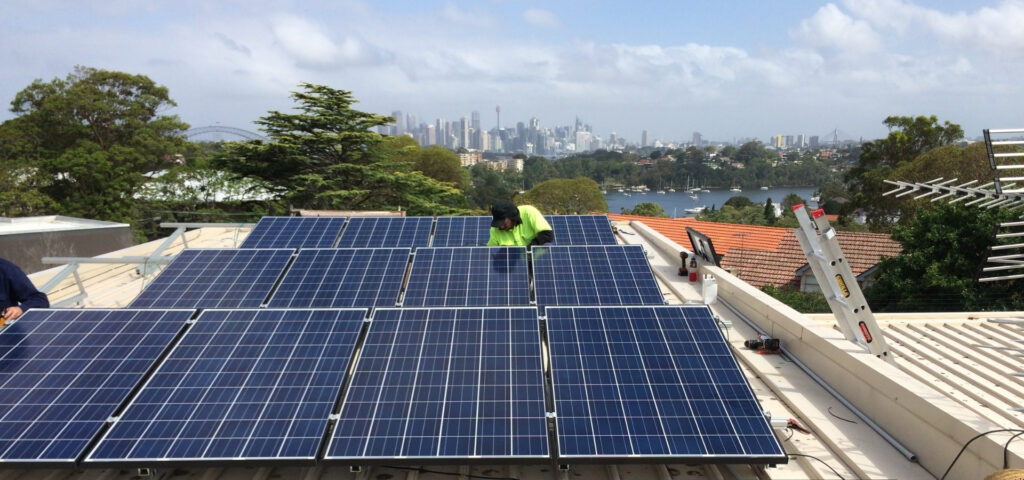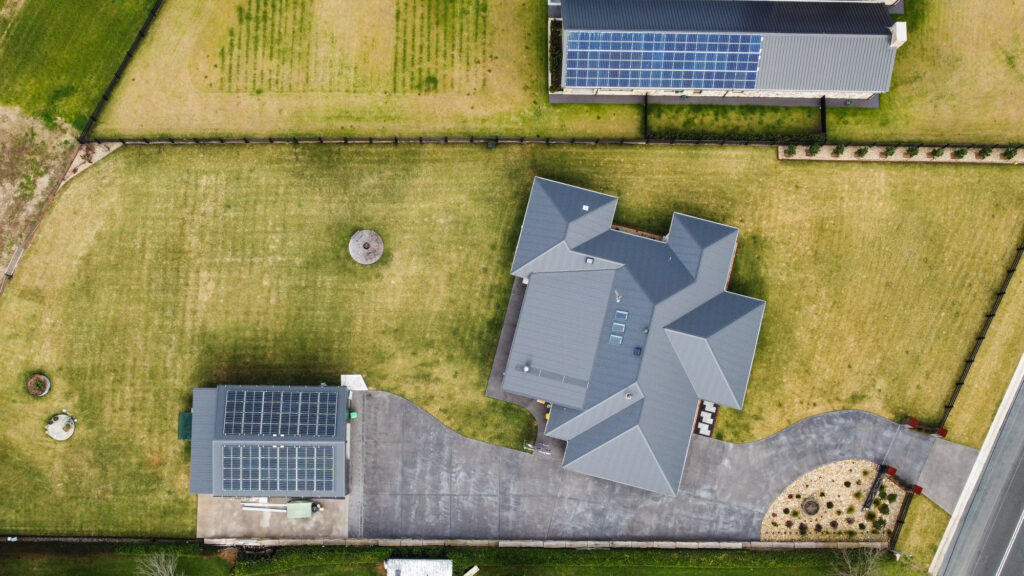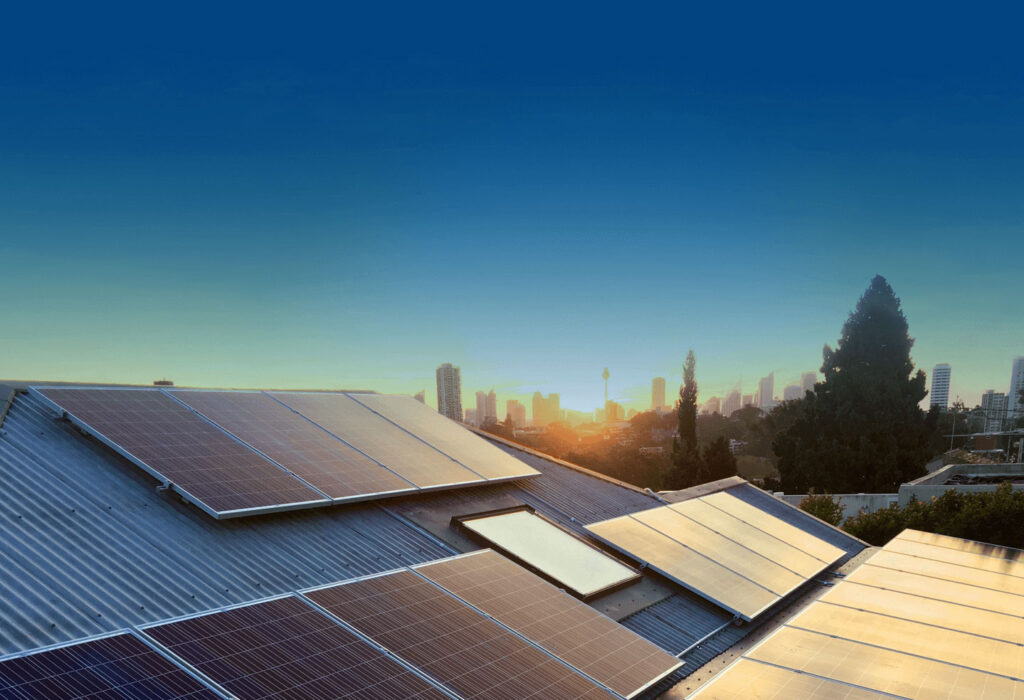Heating your swimming pool makes great sense because it extends the good times that come with owning a pool.
Choosing the right heating system is critical to avoid huge energy bills, so we thought we’d explain the pros and cons of different systems to help you choose one that’s right for your lifestyle.
Now before we start, it’s worth mentioning that sizing a swimming pool heater correctly is important and there are a lot of variables that can affect your choices. The size of your pool, where you live in Australia and how many months of the year you want it at just the right temperature are key factors that will determine the size of the heating system that is required.
On top of this, swimming pool heating systems have different up front installation costs, running costs and in some cases also require a lot of roof space. It’s also important to understand that some systems will guarantee heating to a set temperature, whereas others (mostly the direct solar thermal types) can only heat when the sun is doing its thing for you.
What are the options
The three main ways swimming pools are heated are with roof mounted solar thermal systems, gas heaters and heat pumps, so let’s step you through it.
The traditional black plastic roof mat is a familiar site on Australian roofs. Although there are a few different types, they all use the same principle which is to let black material (usually plastic or rubber) absorb the sun’s heat and circulate water inside it.
It’s a very simple system which typically only requires a pump and small controller to work. However, you will need to pretty much cover your entire north facing roof space to generate enough heat because they aren’t particularly efficient and suffer very low efficiency on cloudy days. This also means they compete for space with solar power systems, which are ideally on the north facing roof too.
If you want the lowest up-front cost, have tons of roof space, don’t want solar power, and can accept that the sun, not you, controls your pool temperature then it’s a good choice.
The second choice is gas heating. Gas heaters are a simple variation on gas hot water heaters for inside your home, typically larger and capable of generating a lot more heat.
The benefits of gas pool heating are they can generate a lot of energy quickly so are good for quickly boosting temperature. The downside is you need to install gas lines and regulators to your pump location, they can use a lot of gas and gas is horribly expensive.
If you only want to heat a pool occasionally, quickly and have gas at your property it’s a reasonable choice but beware of high upfront and running costs.
The third choice is a heat pump system. Heat pumps are essentially like a fridge running backwards – they use the same technology but instead of dumping the heat out the back of your fridge (as a waste by product) they capture that waste heat.
Heat pumps have become increasingly popular and energy efficient as domestic water heaters and are now starting to gain popularity for pool heating due to their flexibility and programmability combined with using electricity which is cheaper than gas. Using sophisticated controllers, you can easily dial the temperature and run time up or down, to suit your needs.
However, the cleverest way to use a heat pump is to combine it with a solar power system. Solar power is well proven as the cheapest way to generate energy with almost 3 Million home owners already on board, and by sizing your solar power system to meet your household and pool heating requirements you get some great advantages.
Great solar advantages
Firstly, the cheap energy generated by your solar system is automatically shared – on hot days, use it for your air conditioner, on colder days heat the pool and the rest of the time use it to run your home. If you have excess, you can sell it.
Secondly, it makes great use of your roof space. The general logic with solar is “fill your roof as far as your budget will allow” because no one ever complained about having a solar system that was too big! Today, solar is mostly used for home energy but increasingly it’s also stored in batteries or used to charge electric vehicles, so a heat pump pool heating system is a natural fit for the modern electric home.



